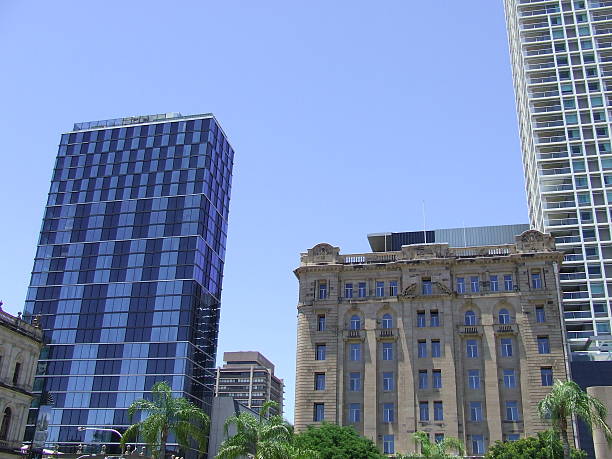Long term leasing and traditional tenant arrangements are set to restore in the commercial property market as the uptick in shopping centre and retail sales rekindle the pre-covid flame.
Consumer confidence is steadily increasing in the first quarter of 2021 and is a key component of the commercial property ecosystem that will allow for greater utilisation of spaces that have been otherwise dormant over the past year. The Real Commercial recently spoke with GPT chief executive Bob Johnson who cited strong “foot traffic [and] office utilisation” along with the increased demand for logistics assets as driving factors for the recovery. The flow on effect is already being felt through increased leasing enquiries and inspections that will ultimately restore the reflective market prices for properties as well as the need to deal with reputable commercial agents.
The opportunity is not exclusive to a select number of essential services that were able to remain open for business in 2020 but instead a diverse retail market. The statistics are promising with GPT reporting specialty sales up by 12.4% and total centre sales up by 8% citing growth in leisure, footwear, fashion and technology stores. With numbers supporting the resurgence of shopping centres, commercial tenants who weathered the covid storm can feel confident in the options that arise from a diverse retail market such as the opportunity to upsize, relocate or extend a current lease.
To further add weight to the optimism, there have been other industry studies to confirm the reboot of the retail sector. The Australian Financial Review recently cited a JLL study that stated “large format retail or single-tenant long-lease assets account for 70 per cent” of the deals in this year’s first quarter. Again, this shows the confidence of current in the retail market in extending their leases and throws a branch to prospective investors potentially looking to set up shop.
When looking at legislation around these trends, the Casual Mall Licensing Code of Practise has been extended for another 10 years. Since its inception in 2007, the license has allowed for short-term pop ups in shopping centres and has made significant contributions to diversifying offerings for consumers. In turn, pop ups have supplied retailers with increased foot-traffic during the sales periods whilst offering accessible and cost-effective solutions for start-ups to enter the market. The effect on commercial property is positive as a 10-year extension means thorough development and expansion of the pop-up market is set to ensue and will allow for an ongoing trial basis for tenants before committing to longer term leases.
With retail and shopping centres taking strides towards recovery, diversity in the market is already proving to be one of the main drivers. Between fashion, technology and specialty shopping et al, consumers are set to enjoy a variety of different goods they have grown accustomed to along with the range of different retail formats such as pop-ups to help rekindle the vibrant shopping centre environment. The commercial real estate market is too poised for a sense of normalcy with the resurgence requiring both a transactional and flexible approach to tenant arrangements.


